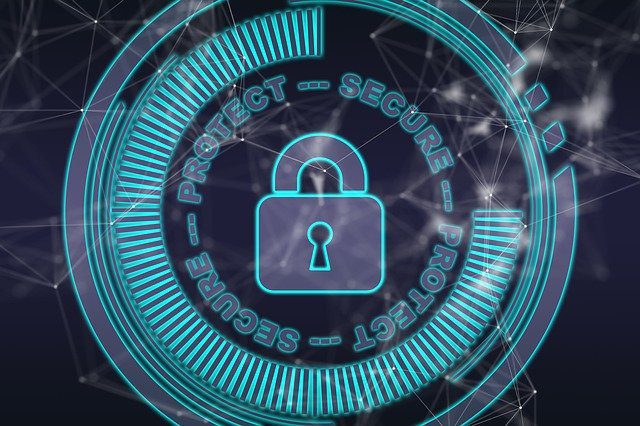
- According to the figures of 2019, approximately 14.4 million consumers faced identity fraud, which is equal to 1 in 15 people.
- Nearly 33% of US adults faced identity theft. This figure is more than twice the average figure at the global level.
Looking at the above figures, it is clear that you are at higher risk of identity theft if you are not maintaining digital privacy. No matter how you use the internet, there is no guarantee that someone is not tracking you. We are not telling you to refrain from using the internet, but taking smart steps to maintain your digital privacy is the need of the hour. We have compiled some steps that you can take to keep your online privacy secure and safe. Let us get started with knowing these steps!
Do not give your personal data to anyone – Your personal data is like a valuable possession to you. It has to be kept safe all the time. Never ever share your confidential information without even knowing who is getting access to it and for what reason.
Set security settings online – Just as you lock doors and windows in the office or at home, “locking doors” online is also essential to protect your confidential information. Set privacy settings and limit the number of people with whom you share information. Secure your accounts and devices with passwords. Additionally, use newer authentication methods like finger swipe or facial recognition. There are other tools, namely biometrics, security keys, or applications, that provide you with special security coding.
Cautiously post feeds – The information that you post on social media is the most vulnerable to threats. Anyone, including cyber-criminals, can see it. According to a study, 48% of the survey participants said they share information about their children, and approximately 33% shared information about their location. To protect your digital privacy, it is advisable that you should steer clear of such practices. Also, ignore the “About me” section on social media profiles. You don’t have to tell unknown people that when you were born, as this is one of the easiest targets for identity theft. You can limit the people who can view your posts.
Note: Before posting anything, ponder over how that information can be used. If the cyber-criminals can use it for identity theft or scam, drop out of your plan of posting.
Destroy the redundant information – Your confidential data is always at risk until thieves and cyber-criminals are there. If you no longer need the confidential data, delete it as securely as possible. Experts recommend securely shredding the files and confidential data to protect digital privacy. In this way, criminals cannot use the recovery programs to restore sensitive documents.
Use a virtual private network – Using VPN allows you to connect to the internet through a remote server. As a result, the data shared between your device and the server is secured with encryption. With this method, you can hide your internet behavior from internet service providers and anyone who may check your browsing history.
To sum it all up
Protecting your privacy and security is a daunting task. But you have to take little steps. Even following the basic steps like two-factor authentication, shredding, strong passwords can make your online life a lot more secure. The Internet is never going to lose its charm in the near future. So there is a need to understand how your data is being used and how you can keep it private. As long as you keep it private and secure, the better your digital lives will become.
